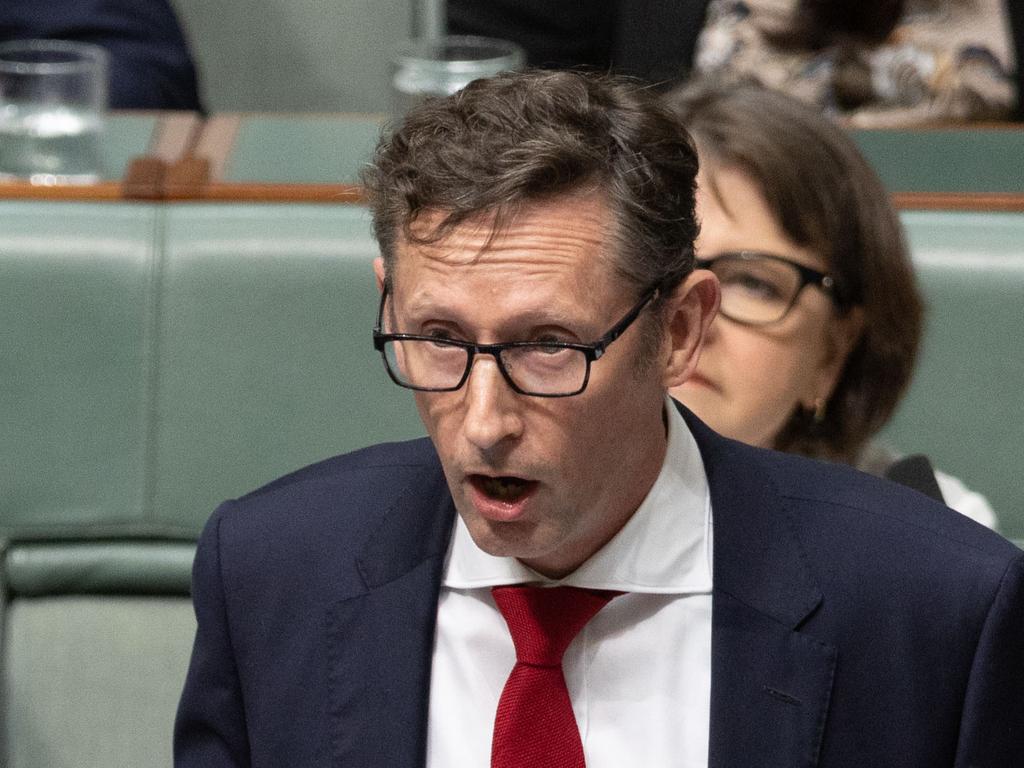Retirement revolution requires big picture thinking: Challenger CEO

We too often fiddle around the public policy edges at the expense of bigger picture change.
We could do well to think about this as we consider reforms to financial advice and debate a legislated objective of superannuation.
Done right, both can deliver consequential benefits to the lives of retirees and the broader economy alongside our aged pension system.
But the true game changing benefits in redefining superannuation policy don’t sit within the individual parts. Policies like the objective proposed by the Treasurer are not incremental in nature because they coexist in a broader system.
The whole is much more than the sum of the parts. Ignoring this only creates problems over the long term. Further tinkering with the system is then required, which fuels more uncertainty about what we should do with our retirement savings.
What’s critical are putting together the reforms to financial advice, the objective for super alongside the Retirement Income Covenant is what will revolutionise retirement outcomes for Australia’s ageing population.
Otherwise, we run the risk of one set of reforms diminishing the other. You cannot realise the purpose of super if it’s not effectively delivered through the Covenant and people can’t access affordable financial advice.
Let’s start with the objective. At its heart, the objective of super should be the anchor point for the entire retirement income system. The Treasurer has rightly focused the purpose on the generation of income to fund a dignified standard of living throughout retirement.
The importance of focusing superannuation on retirement income cannot be overstated, considering Australians are living longer and it’s much harder to absorb macro-economic changes like inflation when employment is no longer the primary source of income.
Our own Challenger research shows just how much longer retirees have to make their money last; retirees today will spend, on average, around 24 years in retirement compared to 13 years in the 1970s, when Australia faced its last major inflation crisis.
Ideally, the objective would have come before the Covenant but given it’s now in place and super funds are designing specific retirement income strategies for their members, it’s important there is alignment between the two.
The Covenant will guide funds to deliver the outcomes of the superannuation objective and will also manage the unique risks Australians face in retirement.
When retirees have an appropriate income stream, they can insure against the risks of inflation, investment market downturns and living longer.
These risks are amplified by a misunderstanding that retirement income only involves the return from investing superannuation balances rather than drawing down those balances to fund retirement. The objective and covenant working in tandem should ensure retirement income includes drawing down capital, which. many retirees are afraid to do – the downside being a lower standard of living than what they can realistically afford. Giving retirees confidence to spend in retirement can also meaningfully contribute to Australia’s economic prosperity, given the estimated $76bn of super assets that transfer from pre- to post-retirement every year.
Inflation risk is particularly concerning when you consider a retiree’s nominal purchasing power could be halved over the next 14 years if the inflation rate is sustained at 5 per cent, a rate still below recent readings.
The objective and the Covenant working in harmony serves to minimise these risks.
The final piece in the reform puzzle is financial advice. There is little point trying to build a better retirement income system by defining an objective and setting a Covenant if people have little idea how to navigate the superannuation system.
The financial advice system is broken. It’s not affordable for many Australians and too bureaucratic. Many of the well-intentioned changes over the past ten years, including provisions to protect individuals, have led to a system that doesn’t help Australians.
Adding to complexity is the interaction with other systems such as aged care and tax.
Michelle Levy’s proposal to allow super funds to provide personal advice to their customers, without all the obligations that currently apply, is central to simplifying the system and making it more affordable and accessible to everyone.
The advice reforms are positive but we need to ensure proposals such as the ‘good advice’ test are tied to the outcome of the Covenant to maximise retirement income.
Affordable financial advice will play a pivotal role in contributing to, and strengthening, the financial wellbeing of retirees as it ensures the purpose of super and the objective of the Retirement Income Covenant are realised.
We should strive to achieve a superannuation system that is collectively oriented to generating income over retirement and help people understand what options are available to help sustain their lifestyles. Getting there requires a whole of system perspective on changes to superannuation.
Nick Hamilton is managing director and chief executive officer at Challenger.






Paul Keating, the father of Australia’s $3 trillion superannuation system, once said incrementalism was the curse of modern political life.